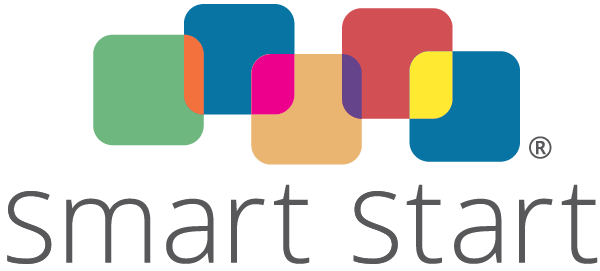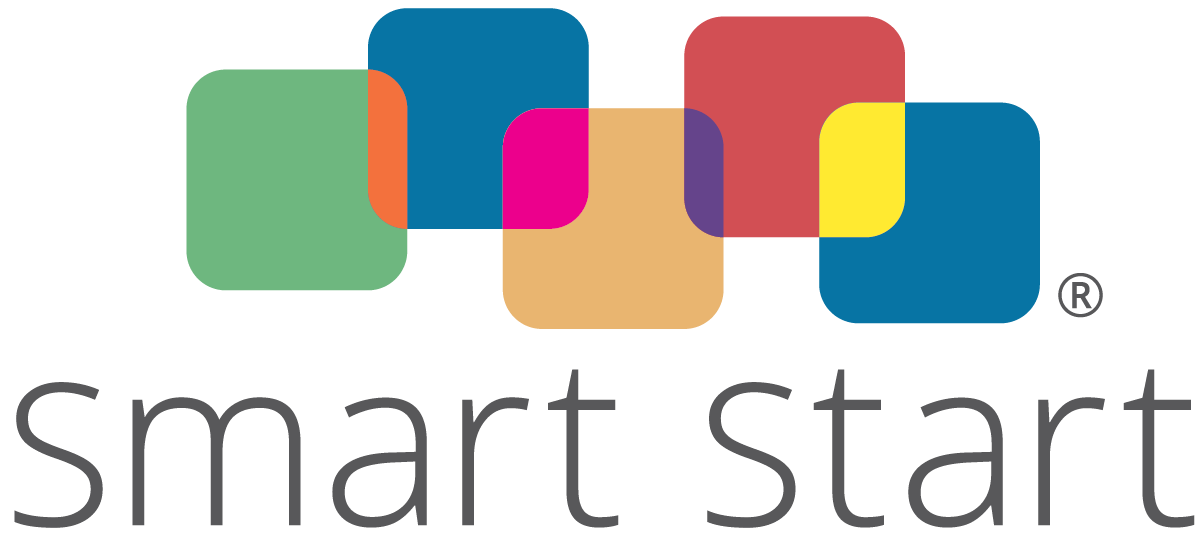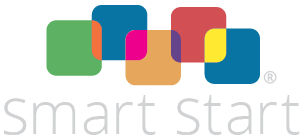My Family Engagement Journey…
In celebration of Family Engagement Month, Smart Start and our collaborative partners are taking this time to recognize and celebrate the important role of families in the education and well-being of their children. Smart Start is working across the state to elevate the voices of family leaders and support them in advocating for their children and their communities. Throughout November we have invited family leaders and Smart Start Local Partnerships participating in the Family Engagement & Leadership work to share their stories, and we will feature them here. To learn more about Smart Start’s Family Engagement & Leadership initiative, visit the FEL section of the website.

Beth Moore with her daughter
by Beth Moore, M.Ed., Family Services Manager Partnership for Children of Johnston County
Relationships are key to most successful endeavors and family engagement cannot happen without strong relationships. My many years as a child development center director, before working in family services, paved the way for my passion for systems change in family engagement. Through many missteps and even some conflict, there are a few things I have learned when working with families. Building relationships with families takes time; trust needs to be developed and maintained, conversations need to be mutually beneficial, and partnerships that are formed must be multi-directional. Let’s look at the key steps and how they may happen.
- Trust is rarely freely given, typically it is earned. When working with families, trust is earned by being authentic, genuine, and non-judgmental. It is also accomplished by doing what you say you will do. If you say you are going to call at a certain time, do so. If you offer a family resource, be sure you know they qualify and follow-up. If you haven’t heard from the family in a while, send a text asking genuinely if all is well. These seem like simple things, yet often practitioners fail to build the needed trust with a family, then wonder why they do not want to be engaged. It is not enough to say you care; it needs to be authentically shown.
- Communication and conversations need to be two-sided, otherwise it is lecturing. Actively listen to the needs and wants of the families you are working with. Check for clarification and refrain from assumptions that you know best for a family. All families have strengths, and these strengths should be acknowledged and celebrated. Share encouraging words and develop solutions to challenges and barriers together. Authentic communication includes cultural respect, listening to understand, and asking questions to learn more.
- Multi-direction partnerships are accomplished when the family, practitioner, and organization are working together for the mutual benefit of all. This should be the goal for everyone – to work together and share in the decision-making process.
The work we are doing together through the Family Engagement Framework offers all of the key elements to building strong multi-direction partnerships, but we must have the trust and communication components with the families we serve first.


